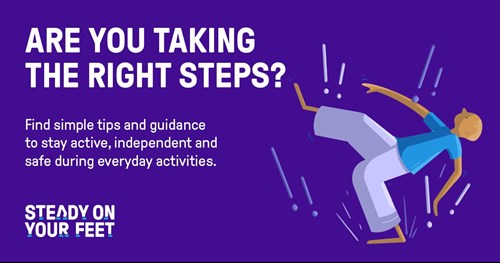Community Rehabilitation service
What support is available?
Physiotherapist
Occupational Therapist
The occupational therapist can offer advice and/or treatment to help you become more independent in your everyday tasks such as personal care and meal preparation. This may include practising different approaches to tasks and advising on suitable equipment that will help you maintain your independence. They can also offer advice to carers on how best to support you at home with your care and mobility needs, and can complete assessments for equipment which can help both you and the carer manage at home.
They can also help with any other cognitive difficulties you may be experiencing, offering advice on compensatory strategies to support memory loss, the effects of a stroke or dementia or referring to services and community groups that can offer further support to you and your family or carer.
Speech and Language Therapist
The speech and language therapist can assess communication, memory and/or swallowing problems and offer practical tips, strategies and exercises to help to overcome some of these difficulties.
Rehabilitation Support Workers
Clinicians and other specialists
- Falls
- Mobility and joint problems
- Neurological conditions
- Strokes and other brain injuries
- Continence problems
- Recovery from trauma or surgery
- Osteoporosis
Falls prevention
Falls and accidents are more common as people get older and many older people experience them each year. Remember that accepting small changes may help you to avoid a fall and keep safe. Sometimes a fall can affect your confidence and make you afraid of falling again.
If you do have a fall or have a fear of falling it is good to discuss this with a relative, carer or another health professional as they may be able to help you reduce your risk of having another fall. Your GP may also be able to refer you to a falls group to help you regain your strength and balance.
Steady on your feet
Steady On Your Feet is a campaign led by the NHS and local authorities to help increase confidence and reduce the risk of falls. Our advice, guidance and resources are designed for anyone worried about feeling unsteady on their feet. They aim to equip people with simple tips to stay active, independent and safe during everyday activities.

Strength and Balance Exercise Groups External to the NHS
- Walk with no physical assistance but can use a walking aid
- Get up from a low-ish chair/toilet without assistance, it is okay if they find this difficult.
- Follow instructions
How to be referred
You can self-refer by calling the provider in your local area or be referred by a healthcare professional or your GP.
